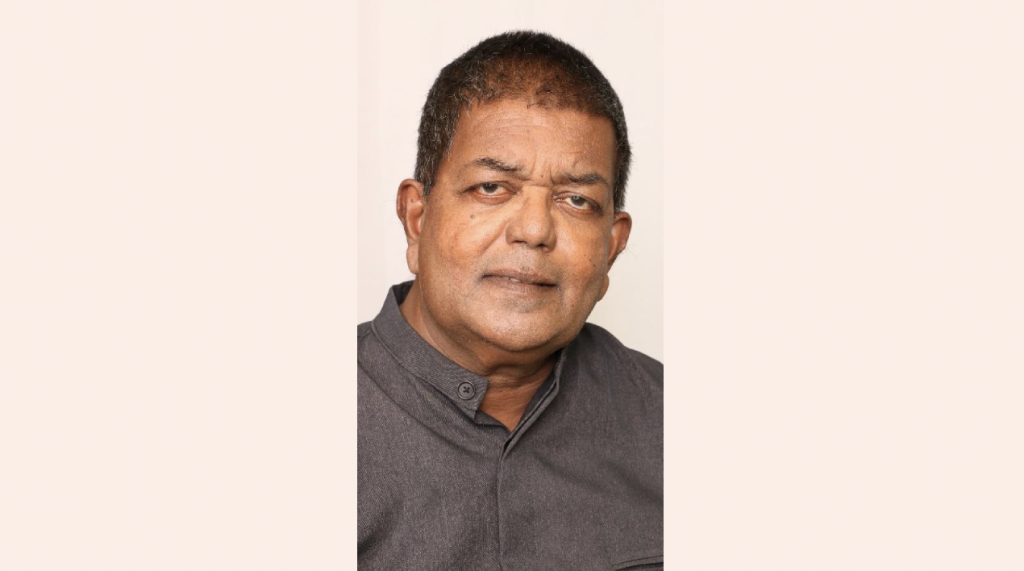When are Caribbean people going to move away from the scars of indentureship and slavery for a brighter future with opportunities that stretches to the moon? Blacks have succeeded in getting Indians to buy into this narrative and now we are seeing the Guyanese Government in this agitation for reparation. Only recently the heirs to the Gladstone estates that indulged in slavery and indentureship have extended words of apologies with personnel from the University of Guyana celebrating a victory.
Afro-Guyanese are now plotting a march and rally in New York to highlight the alleged racism of the PPP/C government against Afro-Guyanese this weekend. I noted that in the press release the organizers have failed to outline areas of alleged discrimination. Are Indo- Guyanese getting more houses from the State than Blacks? Are Indians dominating the senior ranks of the public service, police, and army? I am hoping that GOAR-Guyanese Organized Against Racism would take time to provide the data so that alleged racism can be addressed and corrected. Moreso, I am happy that Vice President Bharrat Jagdeo has signaled his interest in attending.
I cannot help but admire the boldness of Blacks against alleged racism when they are the perceived victims. However, Indians who have suffered under 28 years of PNC-Burnham-Hoyte dictatorship and racism have opted for silence as though that experience was only a nightmare. Did the PNC really rig elections? Were Indians truly robbed, raped, and murdered in their homes? And if those injustices were done, why are the Indo Guyanese diaspora not writing, speaking, or holding conferences like the Blacks are doing? Why has the Indo Caribbean community failed to sponsor an academic conference to examine the crimes committed against Indo Guyanese and other minorities during the Burnham-Hoyte dictatorship?
Indo-Guyanese do sponsor conferences but have failed to address contemporary issues. Has an academic paper ever dealt with the near 100% permanent secretaries in the Public Service of Trinidad and Tobago being non-Indians when Indians form almost 40% of the population? How do you explain the firing of Nizam Mohamed, a former Chairman of the Police Service Commission when he raised concerns about the paucity of Indians in the senior ranks of the Police Service? His concerns were interpreted as racism and the then Partnership Government of Kamla Persad Bissessar distanced themselves from the statement and what followed was dismissal of Nizam Mohammed.
Blacks must be admired not only for blaming slavery and colonialism for their present condition but for also dealing with contemporary acts of perceived racism against their group. Indians, on the other hand, have not reached that distance. Today many feel safe talking about reparation for indentureship but continue to remain silent on the many acts of discrimination they suffer daily in Trinidad such as poor roads, absence of potable water, runaway crime, flooding etc. Shamelessly, our academics do not address these issues. They hold conferences but restrict their discussions to girmitya history, jahaji bundle, birahaa, barracks, jigger, latrine, hookworm, doubles, and tassa etc.
I must grudgingly admit that Blacks are ahead of Indians where fighting for social justice is concerned. The Pan African movement was spearheaded by many Afro Caribbean leaders who were studying, working, and living in London such as George Padmore and C.L.R. James to name a few. In the USA, leaders such as Kwame Ture and Marcus Garvey played significant roles in shaping and developing the Civil Rights Movement in the USA. In fact, it is the struggles of Blacks against racism in the USA that provide members of the Indian diaspora a haven in the USA.
The legacy of indentureship remains a safe ground for Indian academics to talk about- blame the colonial governments, the unscrupulous recruiters, the ship captains, the local leaders that protested the arrival of the Indians, the white drivers, and overseers but not one word of protest on the evils that currently pervade the society. The crime, murders and mayhem stalking this land is not spoken about. Worse, conversion has been normalized and should a Hindu leader raise an alarm he would be shouted down by those said academics who want to prove to others that they stand for justice even if at the demise of the Hindu community.
If Indians can follow Blacks and fall into the reparation trap, then they should also address contemporary issues on the diaspora as Blacks are doing. The education curriculum which is bereft of Indian contents and experiences would be a good place to start. But this would be a far cry for a people who are only keen on passing exams and qualifying for employment.
The challenge for Indo Caribbean people is to rise above survival needs and learn to appreciate the value of social justice which Mahatma Gandhi and other freedom fighters have embodied in their struggles for India’s freedom from colonial rule. Indians must be informed that their place of origin in Bihar was the epicenter of the 1857 revolt against British Rule. Most interestingly, the Mauryan Empire led by Chandragupta Mauraya that united the entire India for the first time under a single rule had its capital in Patna, Bihar. It is time for us to wake up to this glory that has been our history instead of behaving like a bunch of poor-me-ones.
